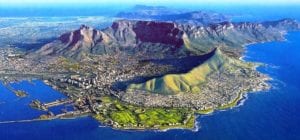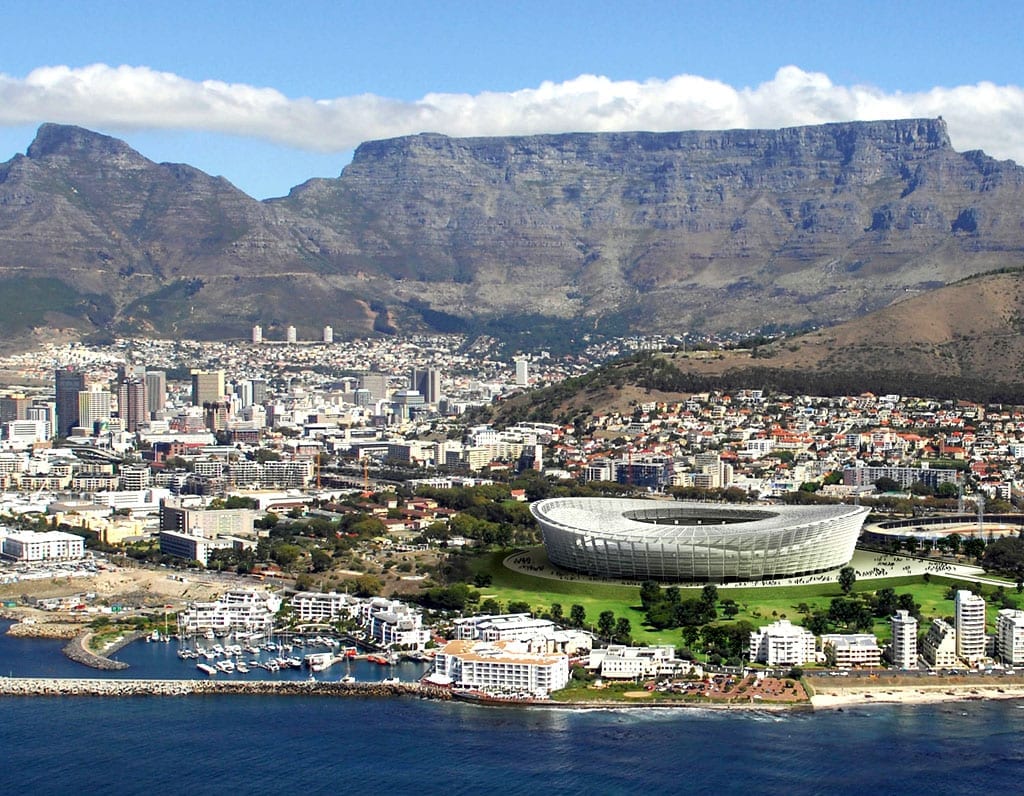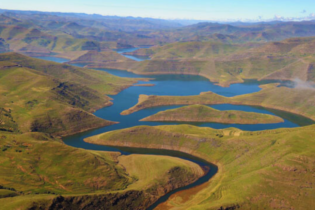City mayor Patricia de Lille said the city is looking forward to “learning as much as we can in our goal to build a water-resilient city to ensure that our residents and our economy can adapt, survive and grow”.
The City of Cape Town is predicted to experience an even drier summer, based on the city’s current rainfall patterns.
To address the city’s dire situation, 500 global leaders in the water sector will meet next May at the 2018 International Water Association’s Water Loss Conference which will be held in Cape Town.
The conference will provide these leading experts with a platform to share their experiences, ideas and expertise in the area, and to find realistic solutions to address the city’s crippling predicament.
Ronnie McKenzie, chairman of the International Water Association’s specialist group on water loss, said many successful case studies will be showcased from South Africa as the country is highly regarded worldwide in the field of water losses.
He added that South Africa was also considered to be one of the leaders in advanced pressure control as three of the largest advanced pressure control installations in the world were commissioned in South Africa – two of which can be found in Cape Town.







